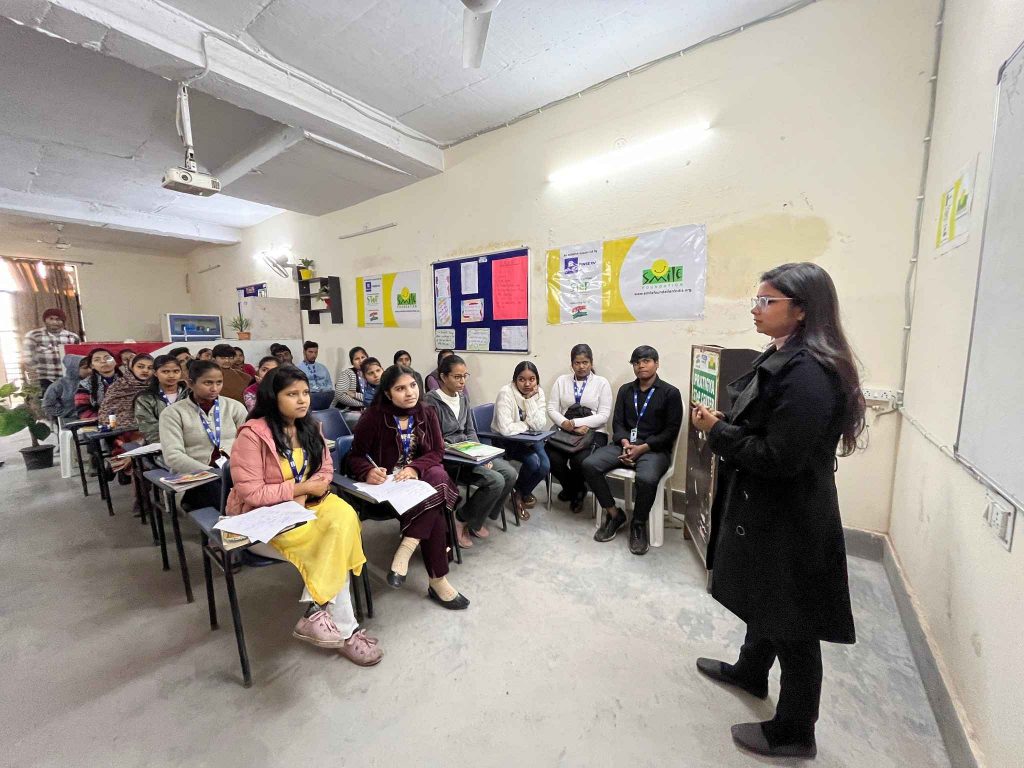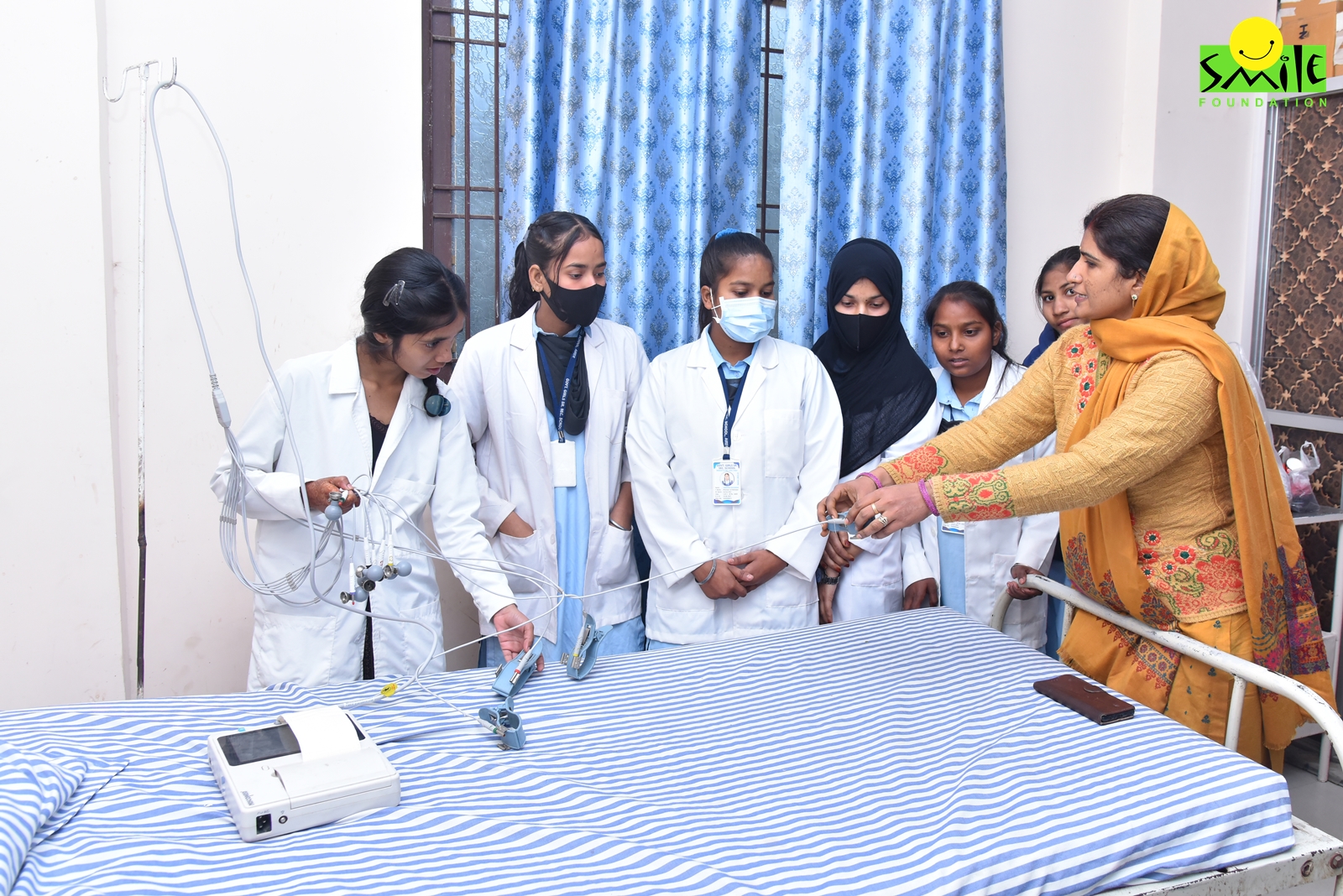India has emerged as a global powerhouse in the workforce, particularly in the technology sector, where Indian professionals are increasingly occupying vital managerial positions in international organisations. Noticeably, there has been a massive shift in both the destinations and skills of Indian migrants. Historically, Indian migrants in gulf countries often engaged in low-skilled and informal jobs. However, this trend has undoubtedly evolved as more Indian professionals are securing high-skilled positions in high-income countries including the US, UK, and various East Asian nations, including Singapore, Japan, Australia, and New Zealand.
In fact, as per a 2023 World Bank report, remittances sent back home by international workers reached a staggering $125 billion—a 12.3 per cent surge from 2022. 66 per cent of all remittances flowing into South Asia are to India, up from the previous 63 per cent. The statistics demonstrate that despite emerging competition from APAC countries, the Indian workforce is making significant strides, and we anticipate these numbers to grow even further.
However, within this changing trend, we notice a newer gap between the talents and skill gaps of the workforce, which hinders the growth of specific sectors and the potential of earning higher money and advancing career opportunities.
A New Era of Advancements in Emerging Sectors of India
Over the next few decades, we anticipate sectors such as healthcare, insurance, renewable energy, real estate, and information technology to experience significant growth in the country. What drives this expansion is evolving trends and increasing demand in these industries.
As the nation adapts to new technological advancements, environmental priorities, and changing economic landscapes, these emerging sectors of India will play a crucial role in shaping the future job market and economic development. In the same vein, the workforce would have to develop such that their skill set aligns with the changing demands of the country.
For example, a 2020 paper published by the UNESCO-UNEVOC International Centre for TVET highlights the promising future of green jobs in the energy-saving and renewable energy sectors. It also notes that as markets evolve and mature, workers’ qualification levels in the renewable energy sector expect to rise significantly above the average qualification level for the rest of the economy. One way to illustrate this is by considering the field of solar PV technology, where manufacturing solar cells and systems requires strong research skills in areas like chemistry, system design, and process engineering, along with a wide range of manufacturing expertise in silicon diffusion and processing.
Other sectors
The technology and IT industry are also facing a significant and widening skills gap, with a reported shortfall of 55% in software and app development and an even more striking 59% in emerging technologies, as per a report. This gap primarily exists because recent graduates often lack practical experience due to insufficient hands-on training in their academic programmes, and because current industry professionals may not have kept up with the latest advancements or acquired the skills necessary for more advanced roles. In response, we are looking at more investments in internal training to bridge that gap.
Similarly, in the rapidly evolving Fast-Moving Consumer Goods (FMCG) industry, which is already undergoing significant digital transformation, there is a critical need to focus on developing skills for the long term. To keep pace with the industry’s continual evolution, workers must be proficient in digital literacy, data analysis, and emerging technologies such as artificial intelligence, machine learning, and automation. By equipping the workforce with these skills, businesses can ensure that their employees are well-prepared to meet the ever-changing demands of the FMCG sector.
Developing, Reinventing, and Innovating Schemes
Looking ahead, it is clear that employees will need to balance human skills with artificial intelligence (AI) capabilities. The goal is to achieve the proper equilibrium between interpersonal skills and technological proficiency. Various stakeholders—including employers, educational institutions, and policymakers—can play a pivotal role in supporting the workforce through this transition, ensuring that employees are equipped to thrive in an increasingly AI-driven job market.
Even when the demand for skilled labour in India surged to about 103 million workers in 2022; the supply fell short by 29 million workers—states a report by the National Skill Development Corporation (NSDC). This gap will significantly impact fields that are adopting drone technology and robotics, including semiconductor manufacturing, green jobs related to waste management, and agriculture.
In a similar vein, in an article for ET Government, Manoj Karb highlights the urgent need for a comprehensive skilling strategy to address the growing skill gap. He advocates for a model that involves identifying pre-skilled candidates and assessing their current skill sets to design and implement targeted training programmes for specific skill shortages. Karb emphasises the importance of developing curricula that meet international industry standards. This involves integrating technology upgrades and involving internationally qualified trainers to ensure these programs are relevant and effective in preparing candidates for the global job market.
What more does it necessitise?
An additional crucial intervention in workforce development is the integration of language training. This training should extend beyond basic conversational skills, including business communication and industry-specific terminology. Additionally, incorporating financial literacy programmes can further enhance the skilling model, equipping individuals with the knowledge needed for both professional and personal financial management.
The evolving job market necessitates ongoing learning and adaptability. Implementing a comprehensive skilling model that includes the elements mentioned can significantly enhance the competitiveness and global relevance of the Indian workforce. This approach is likely to result in higher remittances, stimulate economic growth at both national and regional levels, and strengthen India’s position on the global stage.
To contribute to these changing trends, Smile Foundation is dedicated to supporting unemployed or underemployed youth from disadvantaged communities by helping them secure jobs in emerging sectors of India with significant growth potential and high employability. Our skilling and livelihood programme STeP (Smile Twin e-Learning Programme) is designed to complement the government’s Skill India mission and aligns with Sustainable Development Goals 4 and 8, enhancing educational outcomes and economic opportunities.









